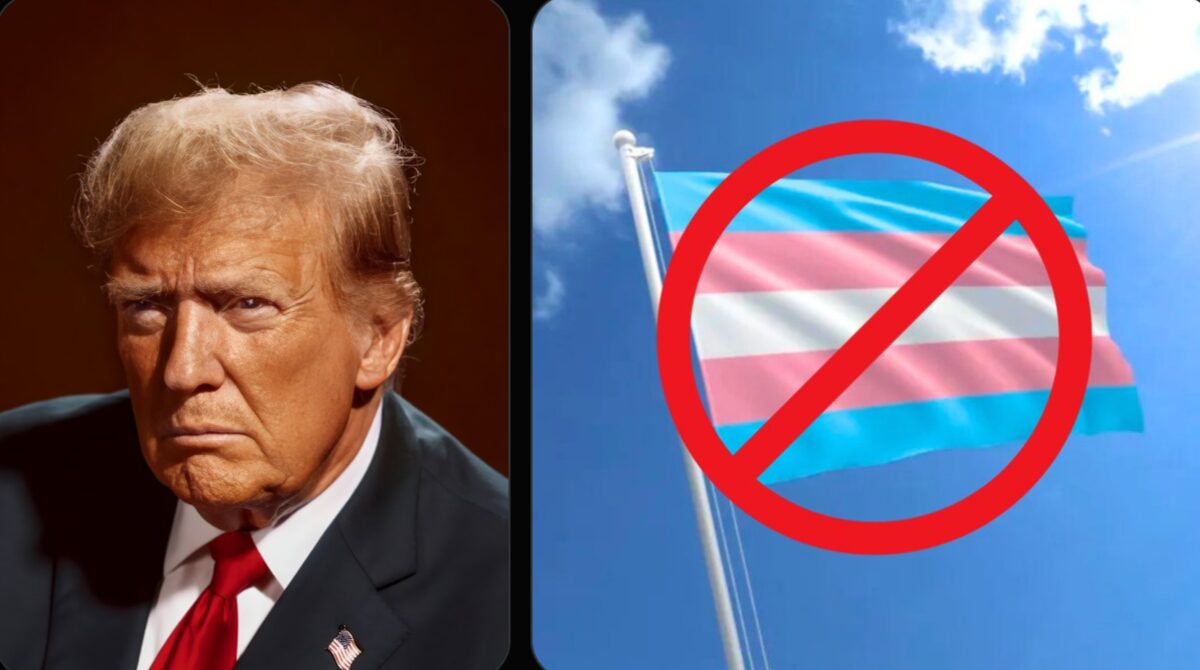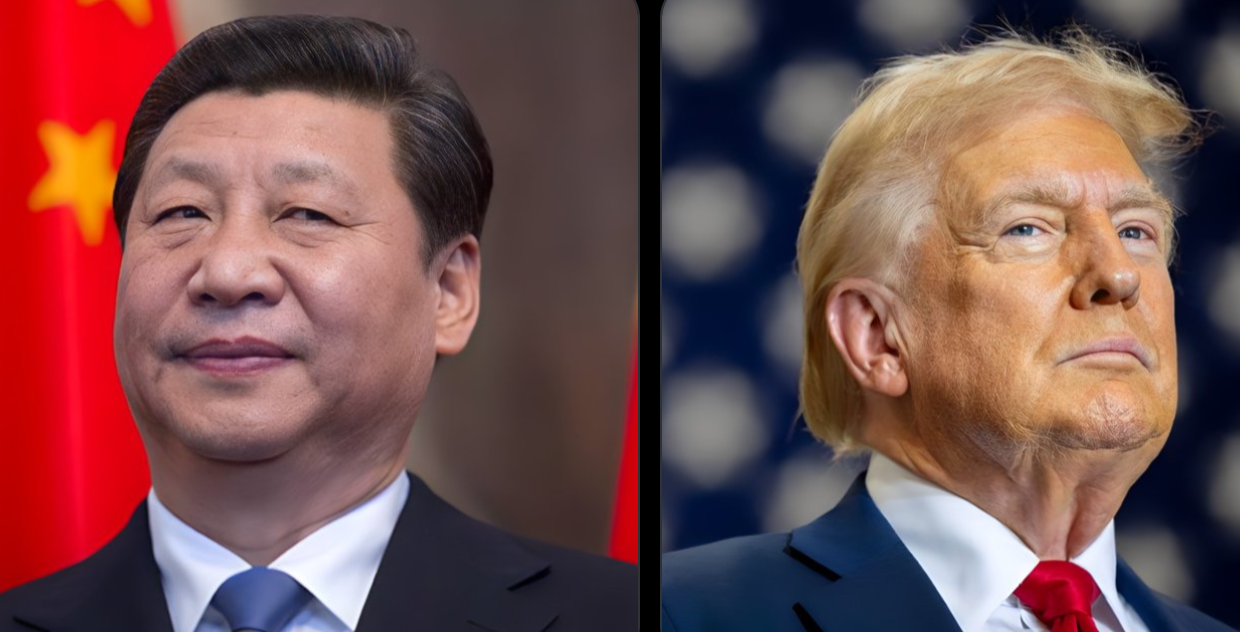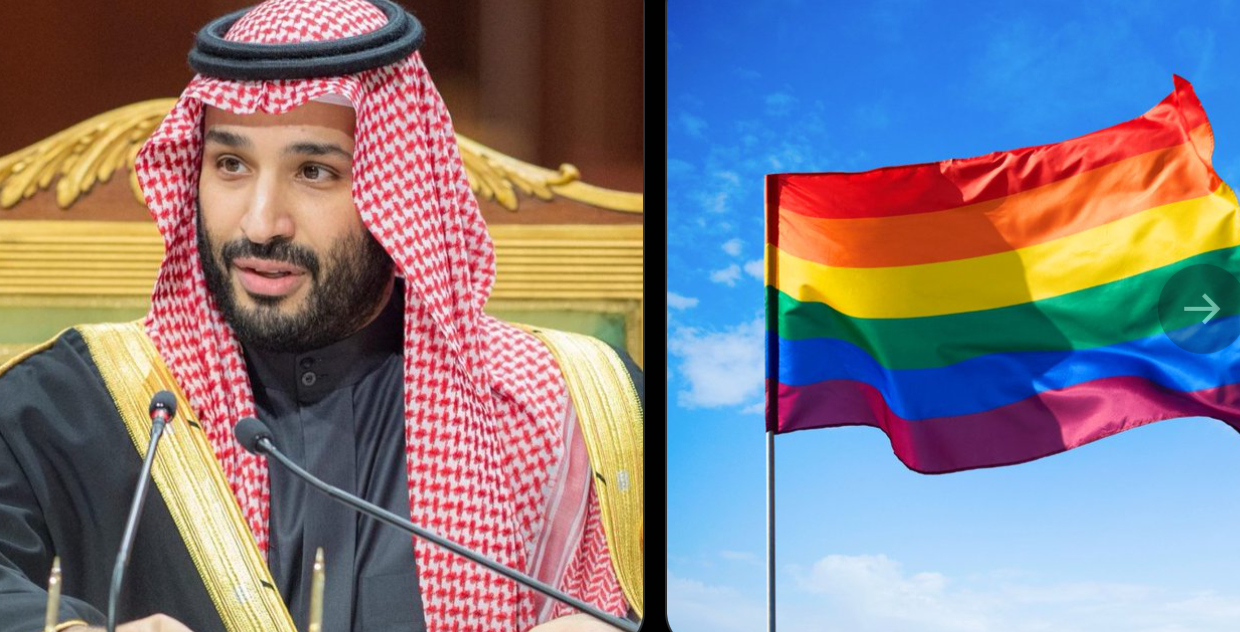TRUMP orders BAN on TRANSGENDERS in the U.S. military
In recent developments, former President Donald Trump has once again stirred up a significant amount of controversy with his order to reinstate the ban on transgender individuals serving in the U.S. military. This decision marks a major shift in policy that impacts thousands of transgender people who had been allowed to serve openly under the Obama administration. Trump’s ban has sparked heated debates on the rights of transgender individuals, the role of the military, and the ongoing conversation around LGBTQ+ rights.
Background of the transgender military ban
The issue of transgender people serving in the U.S. military has been a contentious one for years. Under the Obama administration, then-President Barack Obama lifted the longstanding ban on transgender service members, allowing them to serve openly and receive medical treatment for gender dysphoria. However, this policy was reversed by President Trump in 2017, who issued a memorandum stating that individuals who are transgender would not be allowed to serve in the military except in limited circumstances.
Trump’s rationale for the ban was based on concerns regarding military readiness, healthcare costs, and unit cohesion. This policy remained in place throughout much of his presidency and became a topic of significant debate in both political and military circles.
When Joe Biden took office in January 2021, one of his first executive orders was to reverse the transgender military ban, thereby allowing transgender individuals to serve openly again. This decision was seen as a major victory for the LGBTQ+ community and was celebrated as a step toward equality and inclusion in the armed forces.
However, Trump’s recent decision to reinstate the ban has thrown the issue back into the spotlight and reignited discussions surrounding the military’s stance on transgender service members.
The controversy surrounding the ban
The reinstatement of the transgender military ban has led to a range of reactions from both supporters and opponents. Supporters of the ban argue that it is necessary to maintain military readiness and ensure that all service members are fit for duty. They also cite concerns about the potential costs associated with providing medical care for transgender individuals, including hormone therapy and gender-affirming surgeries.
On the other hand, opponents of the ban argue that it is discriminatory and violates the rights of transgender individuals. They contend that transgender people are just as capable of serving in the military as anyone else, and that the decision to reinstate the ban sends a harmful message to LGBTQ+ individuals who want to serve their country. Critics also point out that the previous Obama-era policy had not resulted in any significant issues with military readiness or costs.
One of the most significant arguments against the ban is that it fails to recognize the sacrifices that transgender service members have already made. Many transgender individuals have served honorably in the military, often in silence due to the previous ban. By reinstating the policy, critics argue that the government is disregarding their contributions and reinforcing harmful stereotypes about transgender people.
Legal challenges and future implications
The reinstatement of the transgender military ban is not without legal challenges. Several LGBTQ+ advocacy groups, including the American Civil Liberties Union (ACLU), have already indicated that they plan to fight the ban in court. These organizations argue that the ban violates the constitutional rights of transgender individuals and constitutes discrimination based on gender identity.
In addition to legal battles, the reinstatement of the ban could have long-term consequences for the U.S. military’s ability to recruit and retain talented service members. Transgender people are an important part of the LGBTQ+ community, and many individuals who identify as transgender may now feel discouraged from considering military service. This could result in a loss of potential recruits who are willing and able to serve their country.
Moreover, the decision to ban transgender individuals from serving in the military may also damage the reputation of the U.S. military, particularly when it comes to its stance on diversity and inclusion. The military has long been seen as a leader in promoting diversity, but this policy shift may undermine that image and have implications for its ability to attract top talent from all walks of life.
Impact on the lgbtq+ community
The reinstatement of the transgender military ban is a blow to the broader LGBTQ+ community, which has fought tirelessly for equal rights and recognition. For many transgender individuals, the right to serve in the military is an important part of their journey toward equality and acceptance.
While the military ban is a setback, advocates for transgender rights remain determined to continue their efforts to secure equal treatment for all people, regardless of gender identity. Many believe that the fight for transgender inclusion in the military is part of a larger struggle for social justice and human rights, and they vow to continue pushing for change.
Transgender people, like all individuals, should have the right to serve their country, pursue their dreams, and be treated with dignity and respect. While the reinstatement of the ban is a setback, it has also galvanized a new wave of activism and advocacy aimed at achieving full equality for transgender people in all aspects of society, including the military.
Final thoughts
The decision by Donald Trump to reinstate the ban on transgender individuals serving in the U.S. military has reignited an important conversation about the rights of transgender people and the role of the military in promoting equality. While the ban remains controversial, it is clear that the fight for transgender rights is far from over.
As the legal challenges to the ban unfold and public opinion continues to evolve, it will be important to continue advocating for policies that promote inclusivity, diversity, and respect for all individuals, regardless of their gender identity. The military, like all institutions, should reflect the values of fairness and equality that are fundamental to the nation it serves.
This ongoing debate will undoubtedly shape the future of transgender rights in the United States, and it’s up to advocates, lawmakers, and the public to ensure that transgender people are afforded the same rights and opportunities as anyone else.

















Post Comment